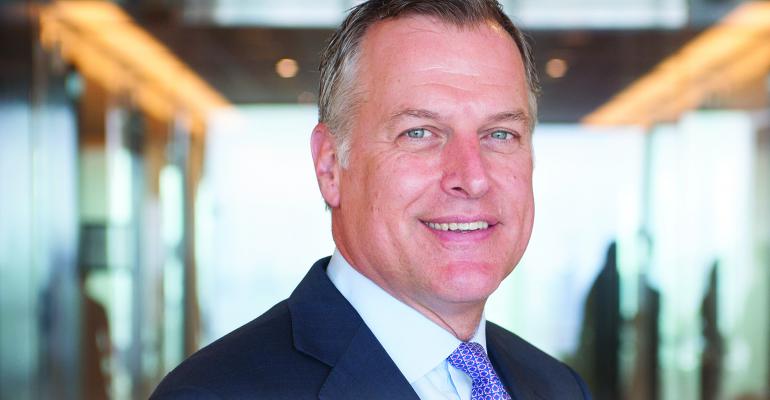Over the next 25 years, our industry will learn to see technology not as a disruptor but as an ongoing opportunity to improve our clients’ lives. There’s no question about it in my mind: We’ll be better able than ever before to connect with individuals and families how, when and where they want to connect, and to respond quickly and in a customized way to their goals. But it won’t happen on its own. As technology changes and improves, we’ll need to stay that much more focused on creating greater transparency around what we do and on continuing to work with our clients to really understand what’s important to them.
That can be a real challenge in a world that’s constantly pushing us to do everything remotely, digitally and automatically. But I’ve found that, whatever else changes, success in this industry has always depended on staying focused on great advice and strong client relationships. That was certainly the case for me when I joined a Merrill Lynch office in Tallahassee, Fla. a little over 25 years ago.
That was a tense time for the country. In 1990, Iraq invaded Kuwait, and the stock market went through a major correction. A lot of people were feeling nervous about the country and their financial futures. My own life was filled with uncertainties. We had two young kids, and I had just started in a new industry after stints in insurance and public accounting. I had little knowledge of markets and a manager who, for whatever reasons, predicted I’d be back in accounting within six months.
But I had a lot of determination and a belief in my own capacity for hard work. I called just about everyone I knew and asked, “If you were me, how would you build a business?” I made about 15 appointments a week, usually for breakfast or lunch, since I couldn’t afford dinners. To my surprise, many of those people answered my question in the most sincere way imaginable: by becoming my clients. Though I wasn’t much of a market analyst, my experience in insurance and accounting enabled me to speak knowledgeably about their tax and estate planning needs. More important, I was able to show people that I cared, that I understood their concerns and could speak to them plainly.
At the time, I was struck by how little many advisors knew about their clients—and vice versa. Clients weren’t really aware of how people in our industry managed their money. We weren’t in the age of benchmarks, so there was no performance reporting. It was unrealized gains and losses, which weren’t shown on the statements. Meanwhile, many advisors didn’t even know how much money their clients made. They seemed to have forgotten one of the cardinal rules of any profession: Know your customer.
Today, that’s all obviously changing. At Bank of America and Merrill Lynch, for some years now we’ve been bringing the conversation back to the clients who are at the heart of our business. Before suggesting strategies, we want to know what our clients want to accomplish with their money. We ask them—what things in life are most important to them? What can’t they do without? And we ask what kind of risks they are willing and able to take. The answers help us determine how we go about helping meet their needs.
A quarter century from now, the world will in many ways scarcely resemble the one we live in today. The millennials will be in their 40s and 50s and running the show. As the most diverse and adaptable generation in history, they’ll need guidance on strategies that fit a multitude of career choices, work schedules and family arrangements. They’ll turn to our industry for ways to put their money to work solving global problems from hunger to climate change, even as they seek the latest opportunities emerging from innovation—whatever the disruptive technologies of the future might be.
But there are things that I hope—and believe—will never change. Things like family, education and community. The ways we experience these things will continue to evolve, but at the end of the day they all come back to fundamental human needs and desires—and through it all, the value of having a trusted advisor to help with life’s most important decisions will remain essential. As long as we can anticipate and adapt to changing times with new technologies and innovations, while responding to people’s needs with the best advice we can give, our industry’s place in the fabric of American life will remain secure.





